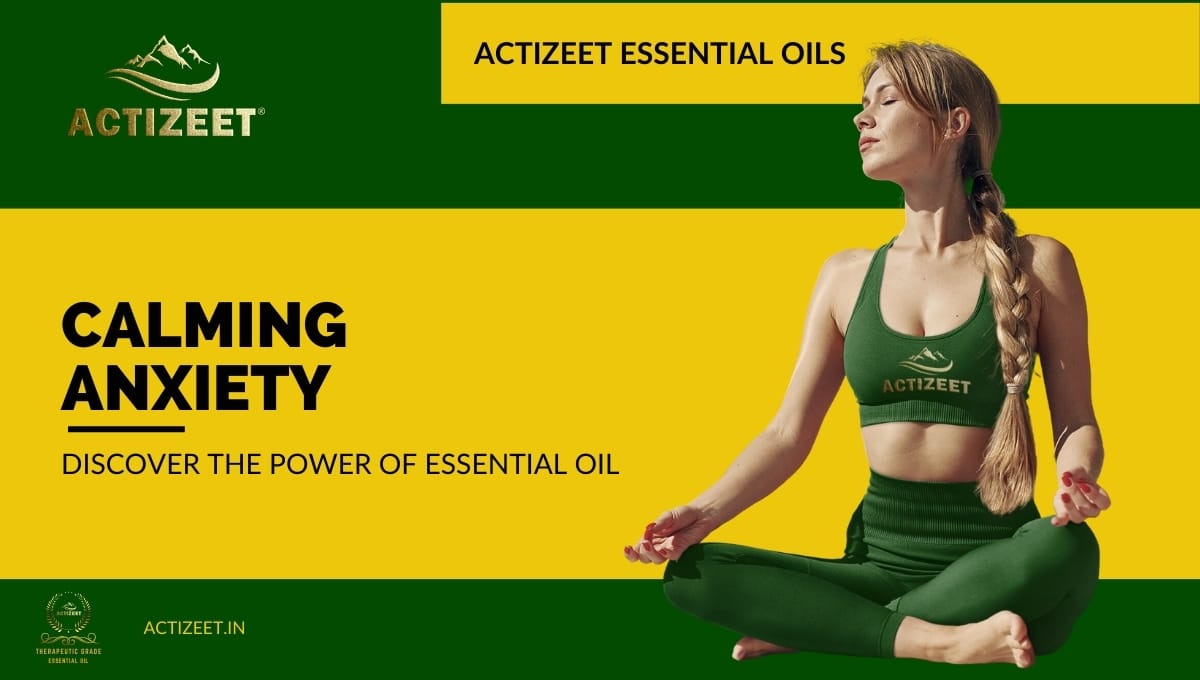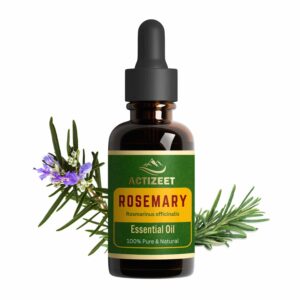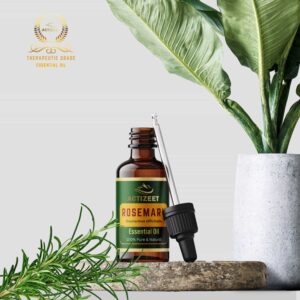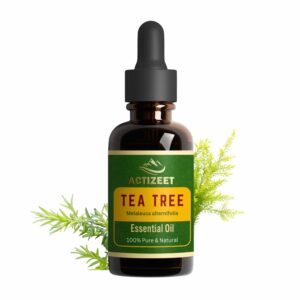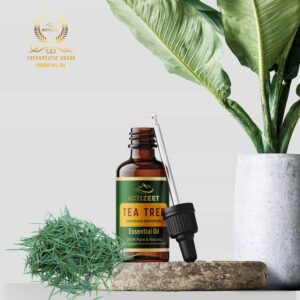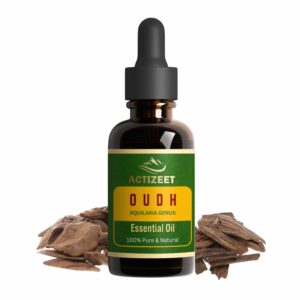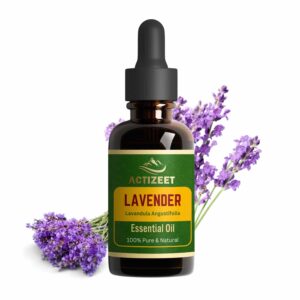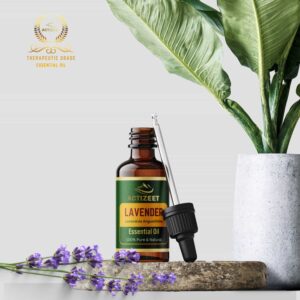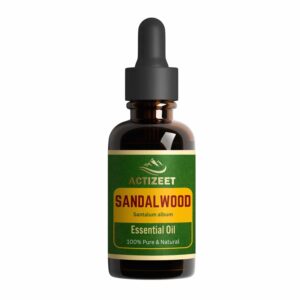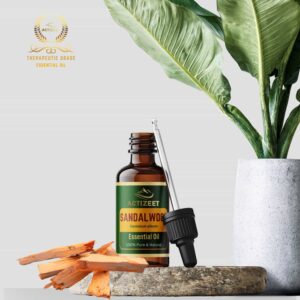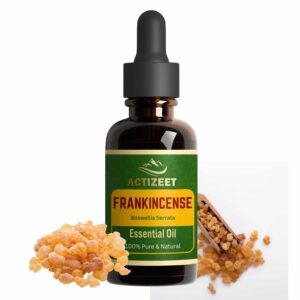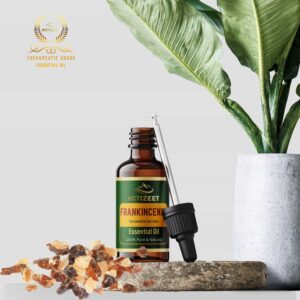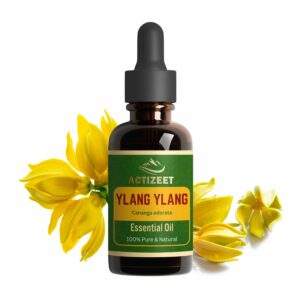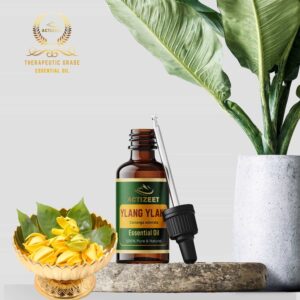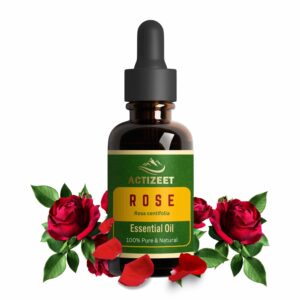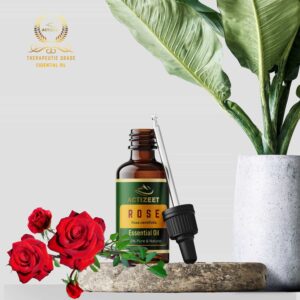Essential oils have gained significant popularity in recent years for their incredible therapeutic properties. But what exactly are essential oils?
Well, simply put, they are highly concentrated plant extracts derived from various parts of plants, such as leaves, flowers, bark, and roots. These extracts contain the volatile aromatic compounds that give plants their distinct scents and flavours.
The extraction process of essential oils is a meticulous art. There are several methods used to obtain these precious oils, including steam distillation, cold pressing, solvent extraction, and CO2 extraction.
Steam distillation is the most common method employed for extracting essential oils from plant material. In this process, steam is passed through the plant material to release the volatile compounds, which are then condensed and collected as essential oils.
Table of Contents
ToggleHistorical Background and Cultural Significance
The use of essential oils dates back thousands of years across various cultures around the world. Ancient civilizations like the Egyptians, Greeks, Romans, Chinese, and Indians recognized the therapeutic benefits of these fragrant substances. In ancient Egypt, essential oils were an integral part of religious ceremonies and embalming rituals.
They were also used in cosmetics and perfumes due to their pleasant aromas. The Greeks valued essential oils for their medicinal properties and incorporated them into herbal remedies.
The father of modern medicine himself – Hippocrates – documented over 300 uses for different plants’ essences. In India’s holistic healing system known as Ayurveda, aromatic plants play a vital role in promoting physical and emotional well-being.
Throughout history, essential oils have not only been prized for their healing properties but have also been deeply rooted in cultural practices like spirituality and wellness rituals. Their significance spans across generations as they continue to provide natural remedies for various ailments in today’s world.
Understanding Anxiety
Definition and Common Symptoms
Anxiety, my dear readers, is no stranger to our modern lives. It can be described as a feeling of unease, worry, or fear that often manifests as physical and emotional sensations.
Picture this: A racing heartbeat, sweaty palms, and a knot in the pit of your stomach—these are just a few of the common symptoms that accompany anxiety. It’s like that pesky little monster inside us that loves to play tricks on our minds and bodies.
But let’s dive deeper into the numerous ways anxiety reveals itself. Some people may experience generalized anxiety disorder (GAD), characterized by chronic worry about everyday situations.
Others might encounter panic attacks, which bring on sudden waves of intense fear along with shortness of breath and chest tightness. Social anxiety can cause extreme self-consciousness when faced with social interactions or public speaking engagements.
Causes and Triggers
Now that we know what anxiety entails, let’s explore its origins, shall we? Anxiety doesn’t simply materialize out of thin air; it has its roots in various causes and triggers.
For some individuals, it might be genetically predisposed—a trait passed down through generations in their lovely gene pool. Environmental factors also play a substantial role in nurturing anxiety in our delicate beings.
Stressful life events such as job loss, divorce or separation, or financial troubles can all act as triggers for an anxious response. Do you know what else can trigger anxiety?
Our good friend, caffeine! That delightful cup of Joe may seem innocent enough in the morning rush, but beware of its ability to rev up your nervous system and send you spiraling into an anxious state.
With all these causes and triggers lurking about, like mischievous imps attempting to wreak havoc on our tranquillity, it becomes paramount for us to find effective ways to calm ourselves down during anxiety-inducing moments. And that, my dear readers, is where essential oils come into the picture.
How Essential Oils Work for Anxiety Relief
Inhalation method: direct impact on the limbic system
When it comes to using essential oils for anxiety relief, one of the most popular methods is inhalation. Inhaling the aroma of essential oils can have a direct impact on our brain’s limbic system, which is responsible for controlling emotions and regulating our mood. The tiny molecules present in these oils are capable of reaching the olfactory receptors in our nose, sending signals directly to the limbic system and triggering a response.
The limbic system plays a crucial role in our emotional well-being, and by stimulating this area with specific essential oils, we can promote relaxation and reduce feelings of anxiety. For instance, oils like lavender and chamomile have been shown to have calming effects when inhaled.
One way to practice inhalation is by using an aromatherapy diffuser or vaporizer, which disperses the essential oil particles into the air for easy inhalation. Alternatively, you can also apply a few drops of your chosen oil to a tissue or cotton ball and inhale deeply whenever you feel overwhelmed or anxious.
Topical application: absorption through the skin
Another effective method for utilizing essential oils to relieve anxiety is through topical application. Our skin serves as an excellent vehicle for absorbing these precious plant extracts into our bloodstream, where they can work their magic. When applied topically, essential oils penetrate through the skin’s layers and enter circulation within minutes.
To apply an essential oil topically for anxiety relief, it’s crucial to dilute it with a carrier oil, such as sweet almond oil or coconut oil, beforehand. This not only ensures safe usage but also helps to spread out the concentrated properties of the essential oil over a larger area.
You can then massage this diluted mixture onto areas like your wrists, temples, neck, or even the soles of your feet. These specific areas boast high skin permeability, allowing for better absorption of the essential oil’s beneficial compounds.
Keep in mind that each essential oil has its own unique properties and recommended dilution ratios, so it’s important to do your research or consult a qualified aromatherapist before starting topical application. Additionally, performing a patch test before using a new essential oil can help identify any potential skin sensitivities or allergies you may have.
By utilizing both inhalation and topical application methods, you’ll be able to harness the power of essential oils and their impact on the limbic system and skin absorption for effective anxiety relief. Experiment with different oils and find what works best for you, as everyone’s response to aromatherapy can be unique.
Top Essential Oils for Calming Anxiety
Lavender oil: Promotes Relaxation and Reduces Stress Levels
Lavender oil is widely renowned for its ability to soothe and calm the mind, making it a popular choice for anxiety relief. The main chemical compounds responsible for its calming effects are linalool and linalyl acetate.
These compounds work by influencing the neurotransmitters in the brain, such as serotonin, which play a crucial role in regulating mood and emotions. When inhaled or applied topically, lavender oil helps to reduce stress levels, promote relaxation, and create an overall sense of tranquillity.
There are various ways to incorporate lavender oil into your anxiety-relief routine. One common method is through diffusion.
You can add a few drops of lavender oil to a diffuser filled with water, allowing the aromatic molecules to disperse throughout the room. This creates a calming ambience that promotes relaxation.
Another option is to dilute lavender oil with a carrier oil like jojoba or sweet almond oil and use it for gentle self-massage. Applying diluted lavender oil to pulse points or massaging it onto tense areas can help alleviate anxiety symptoms by promoting deep relaxation.
Bergamot Oil: Uplifts Mood and Relieves Tension
Bergamot oil is well-known for its uplifting properties that can help combat feelings of sadness or anxiety. It contains unique chemical constituents such as limonene and linalool that contribute to its mood-enhancing effects. These compounds stimulate the release of dopamine and serotonin in the brain, which are neurotransmitters associated with feelings of pleasure and happiness.
One fascinating aspect of bergamot oil is its versatility when it comes to blending with other essential oils. Combining bergamot with oils like lavender or chamomile can create synergistic effects that enhance their benefits.
For example, blending bergamot with lavender oil can create a calming and uplifting aroma that simultaneously promotes relaxation and relieves tension. Experimenting with different oil combinations can help you discover your own personalized blend for maximum anxiety relief.
Chamomile Oil: Soothes Nerves and Promotes Sleep
Chamomile oil is renowned for its gentle and soothing properties that effectively calm nerves and promote restful sleep. There are several types of chamomile oils available, including Roman chamomile and German chamomile, each with slightly different profiles of chemical constituents.
However, both types contain compounds like bisabolol and chamazulene, which have anti-inflammatory and sedative properties. To incorporate chamomile oil into your anxiety-relief routine, you can use it in various ways.
Diffusing chamomile oil before bedtime creates a peaceful atmosphere conducive to sleep. Additionally, you can add a few drops to a warm bath for a relaxing soak or apply diluted chamomile oil to the temples or back of the neck for quick stress relief during the day.
For those who enjoy DIY projects, there are numerous recipes available online that incorporate chamomile oil into homemade body oils, bath salts, or even calming room sprays. Remember to always use high-quality essential oils from reputable sources to ensure their purity and effectiveness.
Lesser-Known Essential Oils for Anxiety Relief
Sandalwood oil: Grounding Effect on Emotions
When it comes to anxiety relief, sandalwood oil often flies under the radar. However, this aromatic oil has been used for centuries due to its remarkable grounding effect on emotions. The chemical composition of sandalwood plays a crucial role in its anxiety-reducing properties.
It contains a high concentration of santalol, which has been found to have a calming and soothing effect on both the mind and body. Not only does sandalwood oil help alleviate feelings of restlessness and unease, but it can also promote mental clarity and focus.
Many people find that inhaling the warm and woody aroma of sandalwood helps them feel centred and anchored in the present moment. Moreover, this essential oil has been used in various spiritual practices due to its ability to induce a meditative state and enhance mindfulness.
Vetiver Oil: Calming Effect on an Overactive Mind
Another lesser-known essential oil with tremendous potential for anxiety relief is vetiver oil. Derived from the roots of the vetiver plant, this earthy-scented oil possesses unique characteristics that make it highly effective in calming an overactive mind. The key compound responsible for its therapeutic properties is called vetiverol.
Vetiver oil is known for its deeply relaxing qualities that help reduce nervousness, irritability, and mental exhaustion associated with anxiety. Its grounding nature brings about a sense of stability and tranquillity during times of emotional turmoil.
To maximize its benefits, one can use vetiver oil through inhalation or topical application. Diffusing a few drops in an aromatherapy diffuser or blending it with carrier oils for a soothing massage are popular application methods that allow you to experience the vetiver’s calming effects fully.
By exploring these lesser-known essential oils, such as sandalwood and vetiver, you can expand your repertoire of anxiety-relieving tools. Incorporating these oils into your daily self-care routine can help restore balance, promote emotional well-being, and provide a sense of calm amidst life’s storms.
Essential Oil Safety Tips and Precautions
Dilution Guidelines for Safe Usage
When it comes to using essential oils for anxiety relief, it’s crucial to understand the importance of dilution. Undiluted essential oils can be too potent and may cause adverse reactions on the skin, especially for those with sensitive skin or allergies. Diluting essential oils not only makes them safer but also helps to enhance their absorption by the body.
To achieve proper dilution, you can use carrier oils such as jojoba oil, sweet almond oil, or coconut oil. These carrier oils not only dilute the essential oil but also provide nourishing benefits to the skin.
A general guideline is to use a 2% dilution rate for adults, which translates to approximately 12 drops of essential oil per ounce (30ml) of carrier oil. However, it is important to note that some essential oils are more potent than others, so specific dilution recommendations may vary.
Possible Allergic Reactions or Sensitivities
While essential oils can offer tremendous benefits for calming anxiety, it’s crucial to be aware that they may cause allergic reactions or sensitivities in some individuals. Allergies can manifest as skin irritations, rashes, itching, redness, or even respiratory symptoms like sneezing or difficulty breathing. It is advisable to perform a patch test before using any new essential oil on a larger area of your body.
To conduct a patch test:
- Dilute 1-2 drops of the essential oil in a carrier oil.
- Apply a small amount to the inner forearm and cover with a bandage.
- Wait for 24 hours and observe any signs of irritation or discomfort.
If no adverse reactions occur during this period, it is generally safe to proceed with using that particular blend of essential oil. It’s also essential to remember that certain populations, such as pregnant women, infants, or individuals with specific medical conditions, should exercise caution and consult a healthcare professional before using essential oils.
Additional Techniques to Complement Essential Oil Use
Mindfulness and Meditation
One powerful technique to complement the use of essential oils for anxiety relief is practising mindfulness and meditation. These practices involve being fully present in the moment, observing your thoughts without judgment, and cultivating a sense of inner peace.
By incorporating essential oils into your meditation routine, you can enhance the calming effects on both your mind and body. Begin by finding a quiet space where you can sit comfortably.
Take a few deep breaths, allowing the aroma of the essential oil to fill your senses. As you meditate, focus on inhaling deeply and exhaling slowly, allowing any anxiety or tension to melt away with each breath.
Journaling and Gratitude
Another complementary technique is the act of journaling and expressing gratitude. Writing down your thoughts, worries, or fears can help release emotional tension and provide clarity to your mind. Combine this practice with essential oils by creating a calming atmosphere while journaling—dim the lights, light a soothing scented candle or diffuser with oils such as lavender or chamomile beside you.
As you write, allow yourself to let go of negative emotions and express gratitude for the positive aspects of your life. Reflecting on what you are thankful for can shift your focus from anxiety to appreciation, leaving you feeling more grounded and content.
Conclusion
Incorporating essential oils into your routine as a natural remedy for anxiety can have profound effects on your well-being. From lavender’s relaxation properties to bergamot’s mood-lifting benefits, these oils offer an aromatic journey towards tranquillity in times of stress.
Remember to always follow proper safety guidelines when using essential oils and find what works best for you through experimentation. By combining additional techniques like mindfulness meditation or journaling with gratitude with the use of essential oils, you create a holistic approach to anxiety management.
Embracing these practices fosters self-awareness, cultivates a sense of calm, and allows you to reclaim control over your emotions. So, take a deep breath, inhale the soothing scents of nature’s essences, and embark on your journey towards inner peace and tranquillity.
RECOMANDED PRODUCTS
-
Rated 4.72 out of 5
₹1,500.00Original price was: ₹1,500.00.₹1,200.00Current price is: ₹1,200.00. Incl. GST ADD TO CART Buy Now -
Rated 4.88 out of 5
₹1,500.00Original price was: ₹1,500.00.₹1,200.00Current price is: ₹1,200.00. Incl. GST ADD TO CART Buy Now -
Rated 4.63 out of 5
₹1,900.00Original price was: ₹1,900.00.₹1,450.00Current price is: ₹1,450.00. Incl. GST ADD TO CART Buy Now -
Rated 4.74 out of 5
₹1,500.00Original price was: ₹1,500.00.₹1,200.00Current price is: ₹1,200.00. Incl. GST ADD TO CART Buy Now -
Rated 4.72 out of 5
₹2,500.00Original price was: ₹2,500.00.₹1,950.00Current price is: ₹1,950.00. Incl. GST ADD TO CART Buy Now -
Rated 4.88 out of 5
₹1,500.00Original price was: ₹1,500.00.₹1,200.00Current price is: ₹1,200.00. Incl. GST ADD TO CART Buy Now -
Rated 4.80 out of 5
₹1,500.00Original price was: ₹1,500.00.₹1,200.00Current price is: ₹1,200.00. Incl. GST ADD TO CART Buy Now -
Rated 4.88 out of 5
₹1,500.00Original price was: ₹1,500.00.₹1,200.00Current price is: ₹1,200.00. Incl. GST ADD TO CART Buy Now
Related posts:
- Scabies Eggs Exposed: Discover Essential Oil’s Power
- Headache Relief: Discover Effective Essential Oils
- Varicose Veins: Discover Essential Oil Benefits
- Unlocking the Power: How Essential Oils Are Used
- Discover Top Essential Oils for Back Pain Relief
- Revitalize Your Mehndi with Essential Oil: Discover the Benefits!
- Discover Best Essential Oil for Dry Skin: Expert Insights
- Discover the Healing Benefits of Essential Oil Aromatherapy

